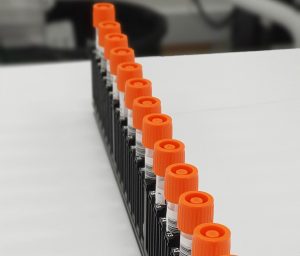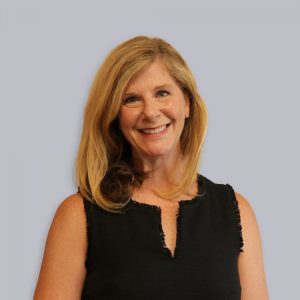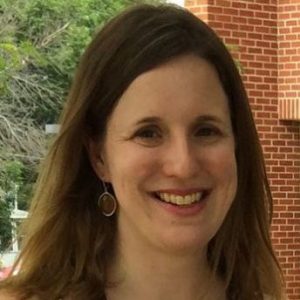 The University of Wisconsin Department of Ophthalmology and Visual Sciences (DOVS) has entered into a new partnership aimed at systematically collecting, storing, processing and distributing human eye tissue for research purposes. The new ‘tissue biobank’ will provide investigators with high-quality human samples for research into the causes and treatments of various eye diseases. The biobank is a collaborative effort between DOVS and the UW’s well-established Translation Science Biocore (TSB) Biobank in the Carbone Cancer Center.
The University of Wisconsin Department of Ophthalmology and Visual Sciences (DOVS) has entered into a new partnership aimed at systematically collecting, storing, processing and distributing human eye tissue for research purposes. The new ‘tissue biobank’ will provide investigators with high-quality human samples for research into the causes and treatments of various eye diseases. The biobank is a collaborative effort between DOVS and the UW’s well-established Translation Science Biocore (TSB) Biobank in the Carbone Cancer Center.
“It was a natural fit to partner with TSB Biobank for this initiative,” said Director of DOVS Translational Research Christina Thomas-Virnig, PhD. “TSB already had the software, equipment, security and a robust regulatory system in place. It will be a mutually beneficial partnership that will provide a vitally needed resource for vision researchers across campus.”
Under the co-direction of Colleen McDowell, PhD and Heather Potter, MD, researchers at the new DOVS biobank collected their first samples earlier this month. A staff member has been hired and trained through the TSB Biobank to focus on the collection of human eye tissues. The goal is to collect as many as 50 samples per month, when fully up and running.
“Biobanks like ours are revolutionizing ophthalmic research,” Potter said. “The availability of high-quality biological research samples is fundamental to our objective to improve understanding, care, and treatment of individuals with eye diseases and disorders.”

At present, according to the Eye Bank Association of America, there are only 66 accredited biobanks in the country. Not all of them have the capacity to provide samples to researchers the way the DOVS bank does.
Most of the samples are collected from tissue that would normally be discarded after all testing for clinical care is complete. Researchers use the collected samples, which can be from either healthy or diseased tissue, to gain greater understanding of the molecular pathology of various diseases and how this may influence a patient’s overall health and wellness.
“A study may look at the differences between healthy and diseased tissue in an attempt to identify molecular and pathological changes occurring at different stages of disease,” McDowell said. “We can also investigate biomarkers of disease or to use in tissue and organ culture.”

Results of such studies can lead to the development of therapeutic treatments and more targeted, personalized patient care.
A UW Biobank Committee, comprised of clinicians, researchers, the co-directors, and the vice chair of research, will provide guidance on scientific strategy, advise on procedures, and review and approve proposals.
***
The UW Biobank Committee consists of:
- Heather Potter-Co-Director
- Colleen McDowell-Co-Director
- Curtis Brandt-Vice Chair of Research
- Christina Thomas-Virnig-Director of DOVS Translational Research
- Donna Peters-Basic Science Researcher
- Nader Sheibani-Basic Science Researcher
- Laura Kopplin-Clinical Researcher
- Kathleen Schildroth-Clinical Researcher